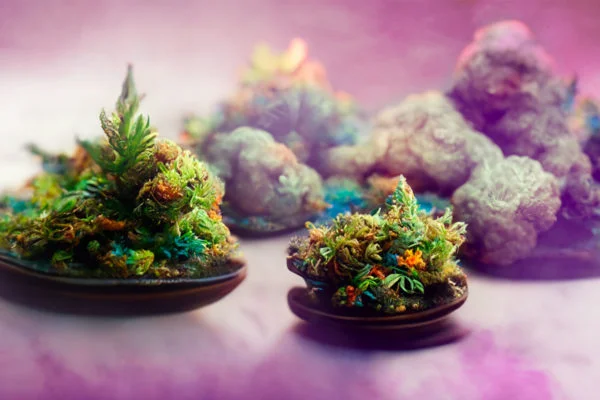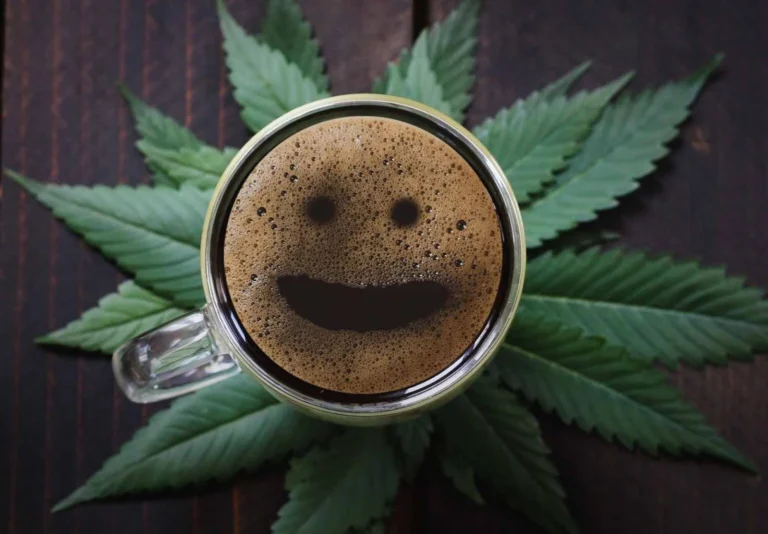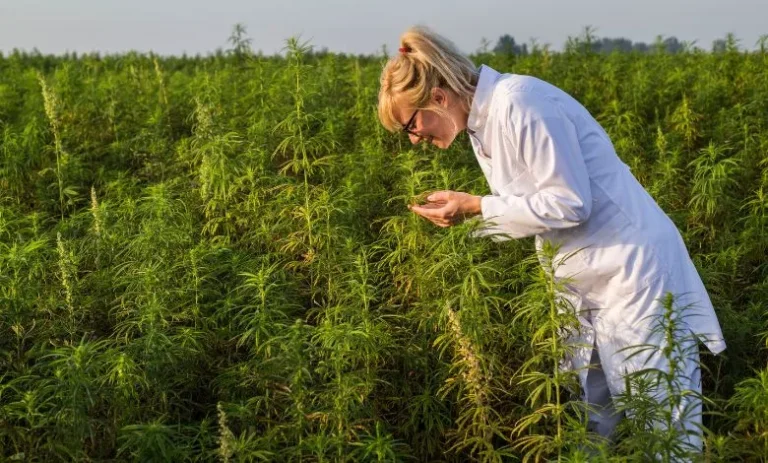How Is Delta 9 Extracted From Hemp
The cannabis industry has experienced remarkable growth and innovation, particularly in the extraction and refinement of cannabinoids. A key area of focus has been the extraction of Delta 9 THC from hemp.
With the legal landscape around cannabis constantly shifting, it’s essential for consumers and industry professionals to understand how Delta 9 THC is extracted from hemp. In this blog, we explore the intricate process of deriving Delta 9 THC from hemp, examine the legal complexities surrounding its extraction, and explain the science behind creating products that meet regulatory compliance.

Delta 9 THC, or delta-9-tetrahydrocannabinol, is the main psychoactive compound in cannabis, responsible for the euphoric effects commonly associated with marijuana. However, Delta 9 THC can also be extracted from hemp, a specific variant of Cannabis sativa that contains no more than 0.3% Delta 9 THC by dry weight, making it legally compliant. This distinction allows for the production of hemp-derived Delta 9 products that meet federal regulations while providing effects similar to marijuana-derived Delta 9.
The 2018 Farm Bill legalized the cultivation of hemp and its derivatives, as long as they contain less than 0.3% Delta 9 THC. This threshold plays a key role in determining the legality of hemp-derived products. Understanding the significance of this 0.3% limit is crucial for manufacturers, as staying within this boundary ensures compliance and avoids potential legal challenges.
The extraction of Delta 9 THC from hemp involves several sophisticated techniques designed to isolate the cannabinoid while maintaining the legal THC limit. It begins with preparing hemp biomass, where plant material is dried and ground to optimize the extraction process. Solvents like ethanol, CO2, or hydrocarbons are used to extract cannabinoids. Each method offers its own advantages, whether it’s ethanol for a broad-spectrum extraction, CO2 for high-purity extracts, or hydrocarbons for effective cannabinoid isolation.
After extraction, the crude product undergoes winterization to remove impurities, followed by distillation to concentrate the cannabinoids. Chromatography techniques are then used to ensure the Delta 9 THC content stays within legal limits, further refining the product.
Once extracted and purified, Delta 9 THC is formulated into products such as edibles, tinctures, and vape cartridges. For edibles, the distillate is infused into items like gummies or baked goods, requiring precise calculations to maintain legal THC levels. Tinctures are made by dissolving Delta 9 into carrier oils, ensuring even distribution. Vape cartridges are created by blending the distillate with terpenes and other additives for a smooth, consistent product.
Throughout these processes, safety and compliance are paramount. Producers rely on third-party lab testing to confirm the purity and potency of their products, ensuring they meet legal standards and are free from harmful contaminants like solvents, pesticides, and heavy metals.
In summary, the extraction of Delta 9 THC from hemp is a complex, multi-step process that requires careful attention to detail. From the initial extraction to the formulation of final products, each stage is designed to ensure both legal compliance and product safety. Understanding these processes deepens our appreciation for the science behind hemp-derived Delta 9 products, whether you’re a consumer, producer, or policymaker.






